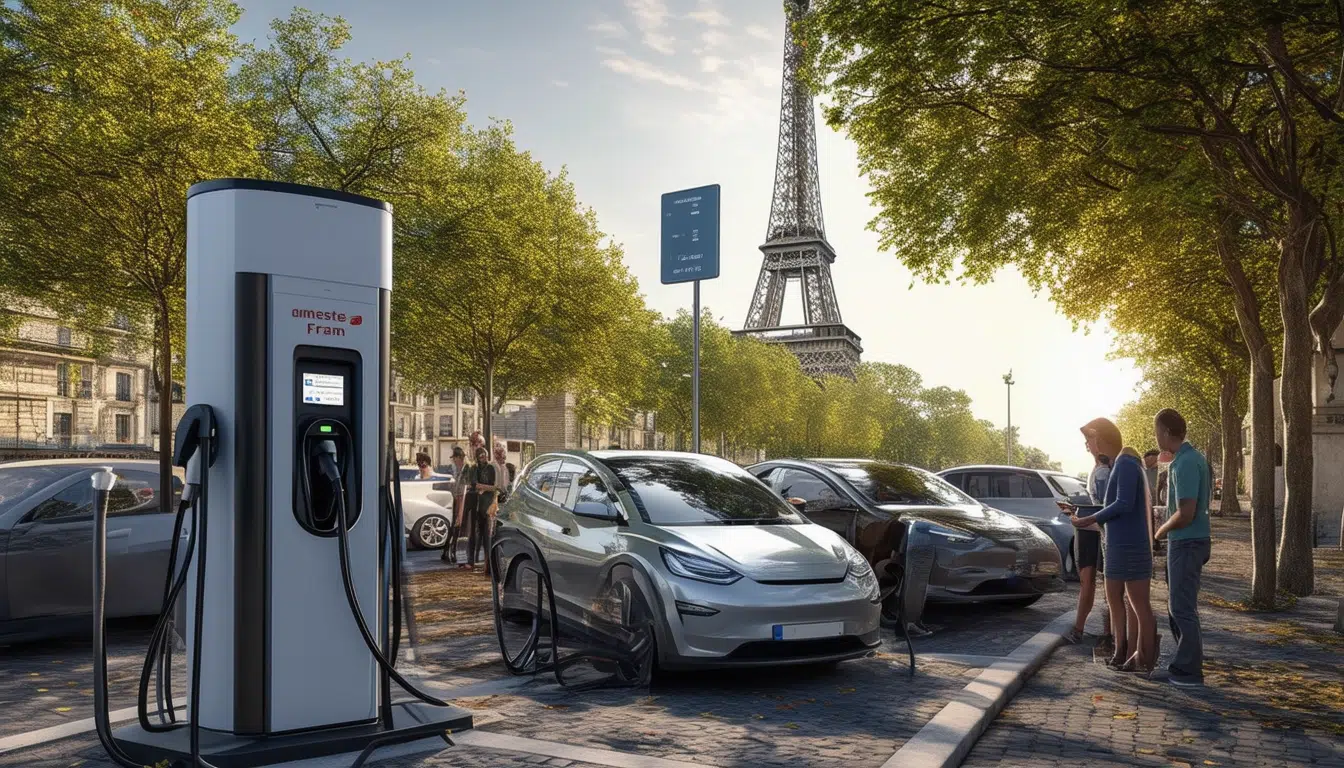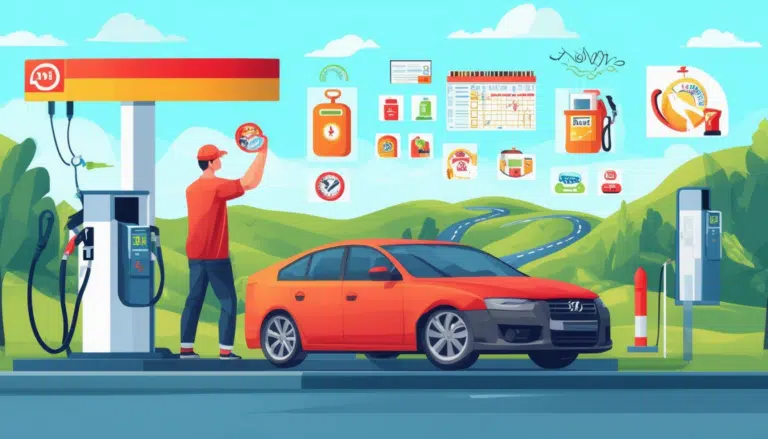Francia begins the reduction of subsidies for electric vehicles

France is taking a decisive step towards transforming its environmental policy by announcing the reduction of subsidies for electric vehicles. This measure, which affects both individuals and companies, aims to prioritize support for citizens with fewer resources while adjusting to the new realities of the automotive market. Starting in 2025, the subsidies, which currently reach up to 7,000 euros, will be significantly limited, reflecting a change in the French government’s strategy in response to the challenge of electrification of transport.
The landscape of electric vehicles in France is changing drastically. The government has announced a significant reduction in subsidies for purchasing electric cars, raising new questions and challenges for consumers and the automotive industry. This decision is framed within a broader context of budget adjustments and new priorities in the country’s environmental policy.
The new subsidy policy in France
Recently, it was communicated that the green bonus for electric vehicles will decrease to a maximum of 4,000 euros. Previously, buyers could benefit from up to 7,000 euros in subsidies for acquiring these cars. This reduction represents a significant change in the government’s financial support aimed at encouraging the transition to more sustainable mobility.
Review of the budget allocated to subsidies
For the year 2025, it is expected that the total budget allocated to subsidies for electric vehicles will decrease from 1.5 billion euros in 2024 to 1 billion euros. This new approach is primarily oriented towards those with lower incomes, meaning that green subsidies will now depend on income levels and on the CO2 emissions generated by the production of vehicles and batteries.
Access to electric vehicles for low incomes
One of the positive measures within this new policy is the social leasing, which will be reintroduced in mid-2025 with a budget of 300 million euros. This program will be financed through energy saving certificates and aims to make electric vehicles more accessible for those who need them the most.
New penalties for polluting vehicles
The government is also looking to strengthen the “malus écologique” tax for high-emission vehicles. CO2 thresholds are expected to be reduced in 2025 from 118 g/km to 113 g/km, which means penalties could rise up to 70,000 euros. Furthermore, new penalties and thresholds are being proposed for the years 2026 and 2027, which could impact around 120,000 additional vehicles based on current sales.
Fully electric and plug-in hybrid vehicles will benefit from a 50% exemption on registration fees, and 100% for license plate registration in most regions.
Economic aids for purchasing low-emission vehicles
Thanks to the “ecological bonus”, the State supports citizens in acquiring low-emission vehicles. Financial aid is offered to those who purchase or lease new or used vehicles that emit little CO2. For electric cars, which must have CO2 emissions not exceeding 20 g/km, the aid can reach 3,000 euros or 4,000 euros for light commercial vehicles, as long as the car’s price does not exceed 47,000 euros and its weight is less than 2.4 tons.
Drivers with an annual income of less than 14,100 euros are entitled to a maximum subsidy of 7,000 euros, in addition to an extra aid of between 1,000 to 3,000 euros for residents of low-emission zones.
Conditions and benefits of subsidies
However, economic aids require meeting certain conditions, such as that the vehicle be 100% electric or hybrid (with less than 50 grams of CO2). The vehicles that can benefit are passenger cars, vans, 2 or 3-wheel motorcycles, and quads. Additionally, the owner of a car or van may not sell their vehicle before having owned it for 12 months.
Furthermore, it is important to mention that all installation work for charging points for electric cars at home will enjoy a reduced VAT rate of 5.5%. For the installation of charging sockets in buildings older than 2 years, a VAT of 10% will be applied, while new buildings will be subjected to a VAT of 20%.
This restructuring of subsidies represents a crucial moment in the transition towards a more sustainable future in transportation in France, where the government’s policy seeks to balance economic aid with the need for a positive impact on the environment.
France and the Transformation of its Electric Vehicle Subsidies
France has begun implementing a significant reduction in subsidies for purchasing electric vehicles, a change that marks a crucial chapter in the country’s environmental policy. The decision to lower the green bonus from 7,000 to 4,000 euros reflects not only the need to adjust the government budget but also the intention to channel aid towards citizens with fewer resources.
With a reduction in the total subsidy budget from 1.5 billion euros to 1 billion for the year 2025, the new government policies reveal an intention to direct funding towards those who genuinely need it, rather than favoring high-income buyers. This reorientation could contribute to a more equitable transition towards sustainable mobility.
Moreover, the introduction of social leasing for low-income citizens, along with a specific budget for this initiative, aims to make electric vehicles more accessible for those who need them the most. This complements a subsidy structure that adapts to the economic realities of potential users.
The tightening of taxation on polluting vehicles with the reduction of CO2 emission thresholds, combined with the partial exemption of registration costs for electric vehicles, indicates a commitment from the French government towards a greener future. These actions demonstrate a proactive approach to combating climate change, although the challenges in implementing and accepting these new regulations are evident.
As France begins to adjust its financial support for these vehicles, the real impact on the market and public acceptance of the changes will be a topic to follow. These measures, while necessary, pose a challenge in achieving effective and widespread sustainable mobility in the country.




